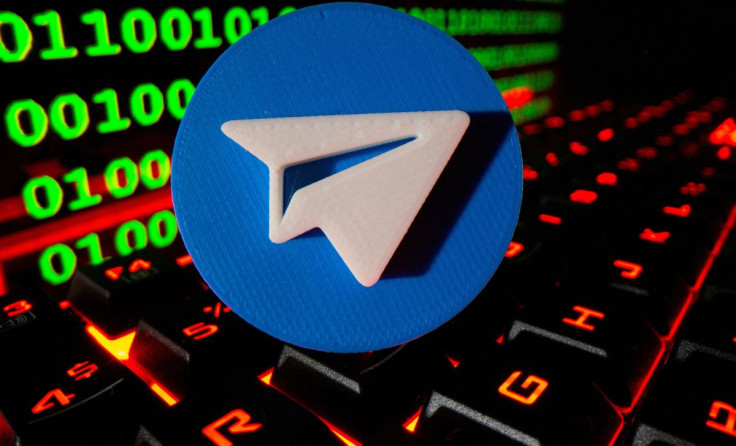Half Of Holocaust-related Posts On Telegram Deny Or Distort Facts, U.N. Says

Around half the public content related to the Holocaust on the Telegram messaging service denies or distorts facts about the killing of six million of Europe's Jews in the Holocaust, according to a new study by the United Nations cultural agency.
The UNESCO report found that 80% of public German-language messages about the Nazi genocide during World War Two denied or distorted facts, and the same was true for 50% of English- and French-language posts about the Holocaust.
The research analysed 4,000 Holocaust-related posts across five top social media platforms, and found denial or distortion in 19% of content on Twitter, 17% on TikTok, 8% on Facebook and 3% on Instagram.
The report defined distortion as posts that celebrated the genocide, smeared or blamed its victims, equated it to other events such as Israeli policy towards Palestinians, or omitted facts about Nazi perpetrators and their collaborators.
Asked about the report, a Telegram spokesperson said: "Telegram is a platform for free speech where people are welcome to peacefully express their opinions, including those we do not agree with."
The spokesperson said posts that glorified or encouraged violence or its perpetrators were forbidden, and removed through moderation or user reports.
Launched in 2013, Dubai-based Telegram is active in 155 countries, according to tech website Backlinko. Other social media companies mentioned in the report did not respond to requests for comment.
U.N. Secretary-General Antonio Guterres said in a statement: "We must never forget how easily hate speech can turn to hate crime; how ignorance or indifference can lead to intolerance; or how silence in the face of bigotry is complicity,"
"Today, the cracks are impossible to ignore," Guterres said.
He said the findings showed intimate links between Holocaust denial and other online violence rooted in racism, misogyny and xenophobia.
Mark Zuckerberg's Meta Platforms owns Facebook, WhatsApp and Instagram, while TikTok is owned by China's ByteDance. Twitter is facing a possible takeover from Elon Musk, the world's richest man.
UNESCO found that even on moderated platforms, the deniers and distorters eluded censors by using humorous and parodic memes to normalise anti-Semitic ideas.
It recommended that governments invest in developing public media literacy and that platforms take action against such content and redirect to verified information.
© Copyright Thomson Reuters 2024. All rights reserved.







